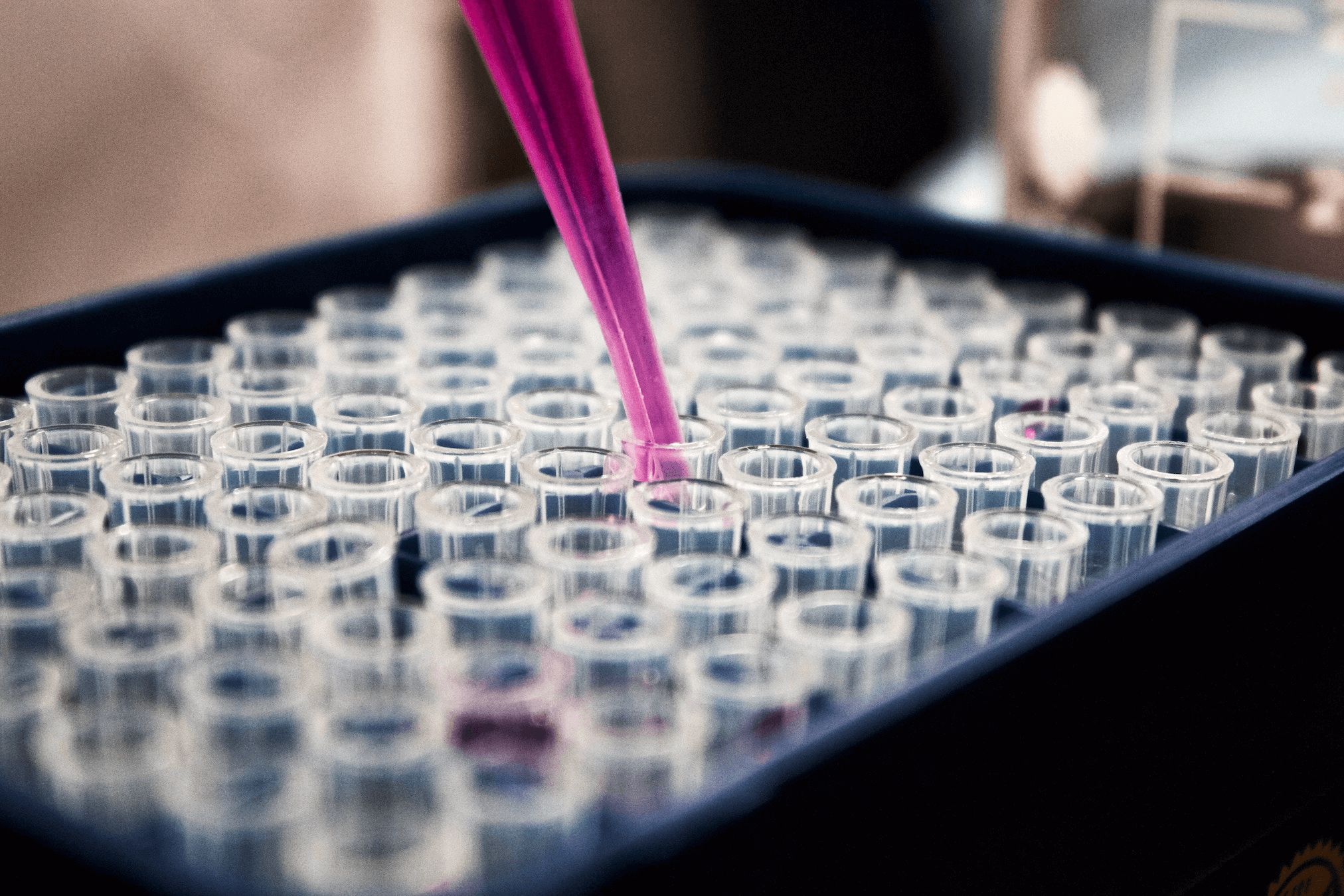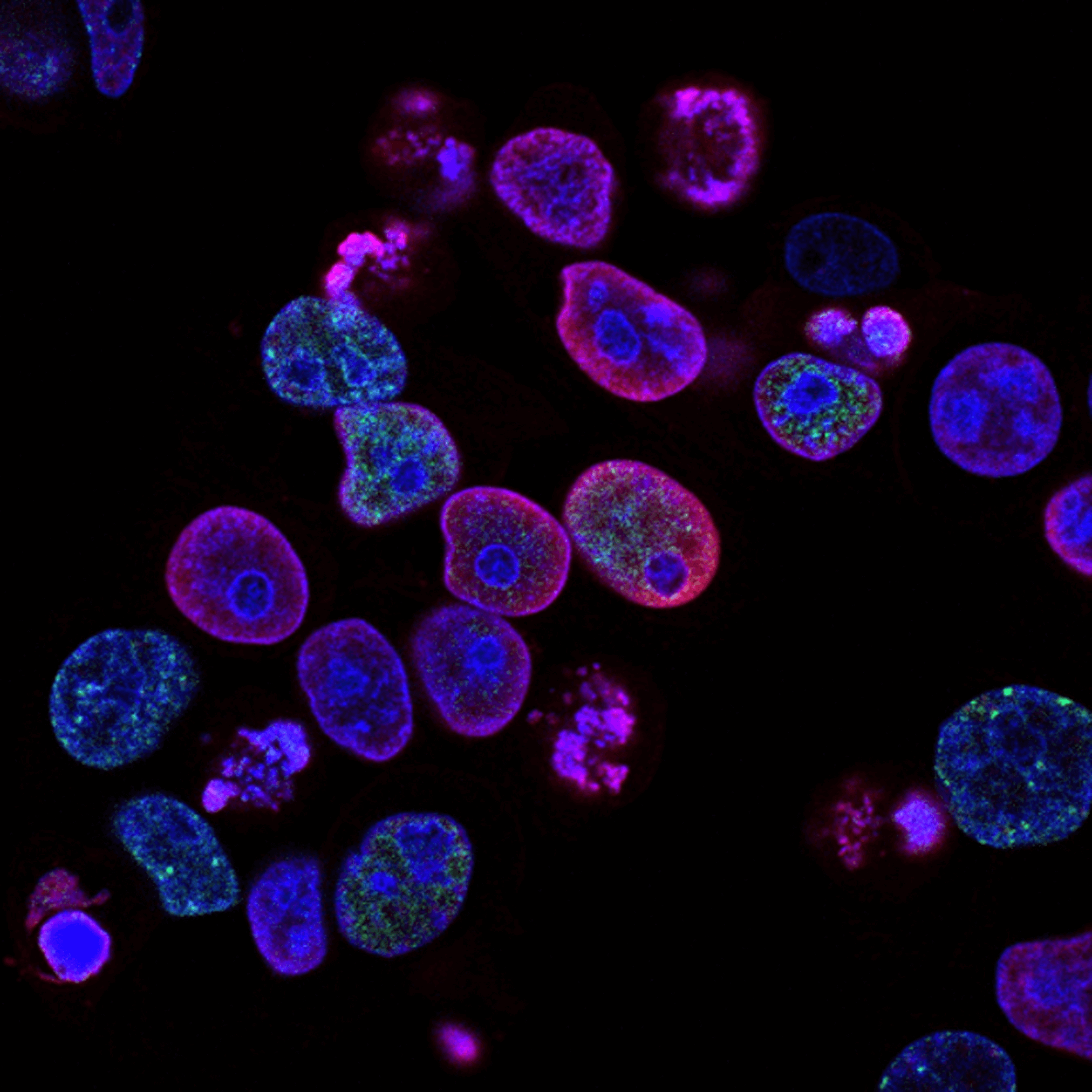Understanding the genetics that lead to cancer
The vast majority of people’s lives are affected by cancer. Some people are more likely to develop cancer than others, with some developing more aggressive cancers and others milder forms of disease. Also, some respond well to treatment and others do not. Associate Professor of cancer genetics, Jo Dickinson, is trying to find out why.

“Genetics determines everything about you. What you look like, how your body works, your risk of disease, how you respond to infections, how you respond to chemicals, even your response to your environment, like sun,” said Associate Professor Dickinson.
“I want to understand the genetic factors that lead to certain cancers, why some people develop aggressive cancers and what determines our response to treatment.
“If we know what genetic factors lead to a particular cancer, then we can test people for them. We can profile their risk, which could lead to earlier detection. We can target our treatments to more effectively treat cancers and hopefully stop the disease from being life threatening,” said Associate Professor Dickinson.
One such discovery made by Associate Professor Dickinson is the role of a sticky molecule, or protein, that sits on the surface of cells, and plays an important role in the spread of cells. This protein is now being investigated as a target for new cancer therapies.
“This was a significant discovery because if we can prevent cancer cells from spreading we could cure a lot of cancers.
“Currently, most cancers require severe treatments like chemotherapy or radiotherapy. Unfortunately these treatments can have many side effects because we don’t know which are the best treatments to use for each type of cancer. Also, these treatments aren’t effective for everyone and we don’t know why.
“For example, radiotherapy is only effective in treating about half of the men diagnosed with prostate cancer, and we don’t know which men will respond best to treatment. If we knew, we would only treat the men that radiotherapy is likely to be effective for. We need to find the genetic basis for people’s response to therapy,” said Associate Professor Dickinson.
“To understand the genetic basis of disease, we need to conduct research in people affected with disease. One useful approach is to study families with multiple members affected by the same disease.”

Associate Professor Dickinson said that Tasmania is an ideal place to contribute to this globally significant issue due to its stable and isolated population.
“There is great scope to work with multiple generations of families, which is essential to understanding the genetic basis for cancer.
“We have a great relationship with the community. People in Tasmania are happy to be involved because they are very supportive of the health research and the Menzies.
“Our biggest barrier currently is the shrinking amount of funding devoted to medical research. I believe there is a valuable opportunity for businesses to step in and become involved in promoting and supporting health research.
“Large dollars go into advertising and sponsorship which surrounds some of the more highly profitable professional sport and entertainment industries, but if businesses really want to leave a positive footprint in their communities, funding groundbreaking health research is another option with a lasting and positive impact.”